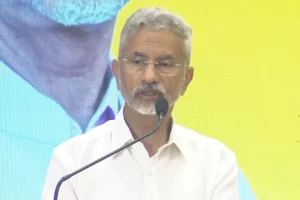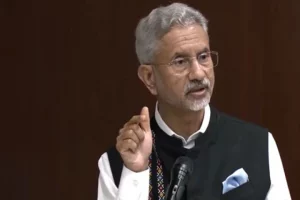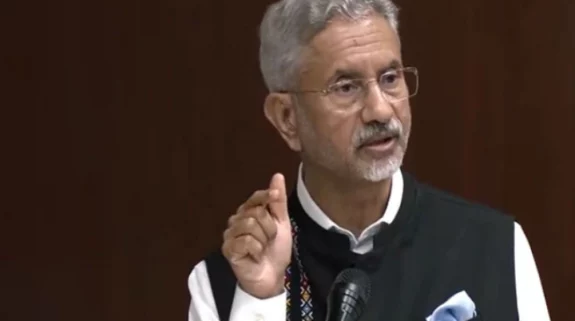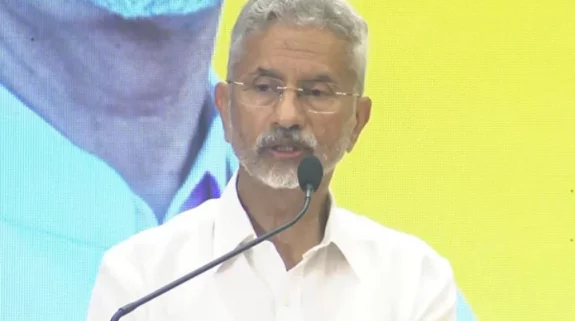After the embarrassing recent closure of Suez Canal when a container ship went aground, Egyptian authorities are showcasing their spectacular ancient past to lift national morale and remind the world of their genius.
Earlier this month, the Egyptian launched a “mummy parade” of Kings and queens of the Pharaonic era, whose remains were shifted to the new National Museum of Egyptian civilization, in the capital Cairo.

The "Pharaohs' Golden Parade" (Pic: Courtesy Twitter/@carmen_pacheco)
France 24 reported that a procession of floats carrying the mummified remains of 22 pharaohs winded its way to the new resting place. Remains of 18 kings and 4 queens were part of the "Pharaohs' Golden Parade”, which was finely choreographed for maximum impact. The event was broadcast live over state television, with rousing music amplifying the grandeur.
Also read: Suez Canal celebrates arrival of large dredger
The pharaonic icons that were paraded included Seqenenre Tao II, "the Brave". He reigned over southern Egypt around 1,600 years before the birth of Christ. He was on the first chariot, while Ramses IX, who reigned in the 12th century BC, who was in the last.
Ramses II, who ruled for 67 years, and Queen Hatshepsut, the most powerful female pharaoh, were part of the spectacular convoy of royals.

The "Pharaohs' Golden Parade" in progress (Pic: Twitter/@carmen_pacheco)
The gold-coloured carriages were fitted with special shock absorbers so that the precious cargos remained undisturbed during the 40-minute trip.
Discovered near Luxor since 1881, the mummies have revealed fascinating new details of lives, deaths and customs of the Pharaonic age.
Also read: Suez Canal disruption opens door for India-backed North South Corridor as alternative




















